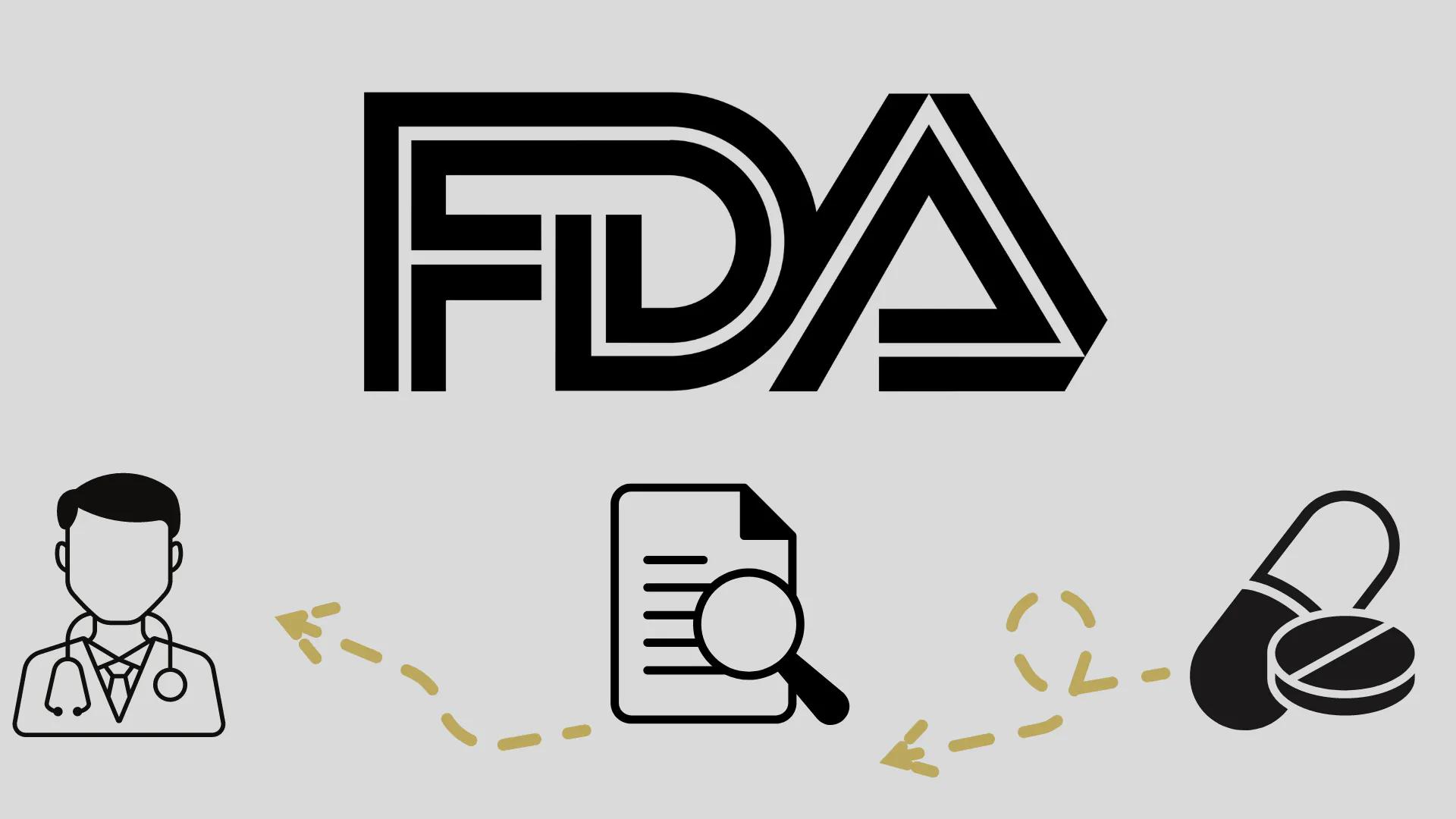
FDA Denies Approval of Remestemcel-L for Pediatric SR-aGVHD

Despite a favorable vote by the Oncologic Drugs Advisory Committee, the FDA has opted not to approve remestemcel-L for the treatment of pediatric steroid-refractory acute graft-vs-host disease.
- Following denial of approval by the FDA, the developer of remestemcel-L is shifting focus to the adult steroid-refractory acute graft-vs-host disease (SR-aGVHD) population.
- An FDA approval for remestemcel-L in pediatric patients with SR-aGVHD would have marked the first allogeneic, off-the-shelf, cellular medicine in the United States.
- The approval of remestemcel-L in pediatric patients with SR-aGVHD would have also been the first therapy approved for children under the age of 12 with SR-aGVHD.
The FDA has issued a complete response letter to Mesoblast Limited regarding the biologics license application (BLA) for remestemcel-L, a potential treatment for children with SR-aGVHD.1
The FDA is requesting additional data to support a future approval, and Mesoblast announced that a controlled study in the highest-risk adults with the greatest mortality will be conducted to meet the FDA's requirements. In addition, the FDA requires the company to solve the ongoing chemistry, manufacturing and controls problems before resubmitting the BLA.
“FDA’s inspection of our manufacturing process resulted in no observed concerns, the Agency raised no safety issues across more than 1300 patients who have received remestemcel-L to date, and acknowledged improvements to our potency assay, said Silviu Itescu," chief executive officer of Mesoblast Limited, in a press release.
The BLA was supported by the phase 3 GVHD001/002 clinical trial (NCT02336230) supports the approval as findings showed that 67% of high-risk children treated with remestemcel-L responded to treatment within 28 days and were alive after 180 days compared with 10% of patients in both categories in the Mount Sinai Acute GvHD International Consortium (MAGIC) group.
These clinical and biomarker data from the propensity-matched study evaluated pediatric patients with high-risk disease, based on the validated MAP biomarker score. Outcomes were from 25 children in the phase 3 study, and 27 children in the control group who were treated with various biologics, including ruxolitinib (Jakafi) from the MAGIC database.
Additionally, the durability of the treatment effect through 4 years or more was observed in the study, along with the treatment benefit in patients with high-risk disease and on survival in propensity-matched studies. The validated potency assay of the agent also has low variability, demonstrating consistency and reproducibility for manufacturing.
"We remain steadfast in making remestemcel-L available to both children and adults suffering from this devastating disease, and have received substantial clarity in how to bring this much-needed product to these patients," Itescu said.








































